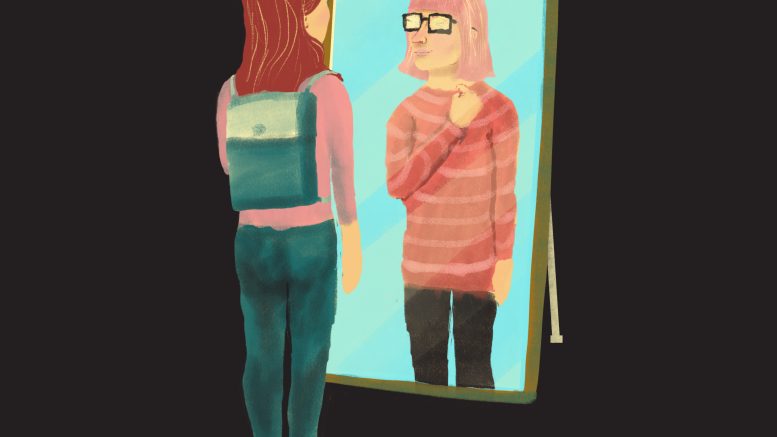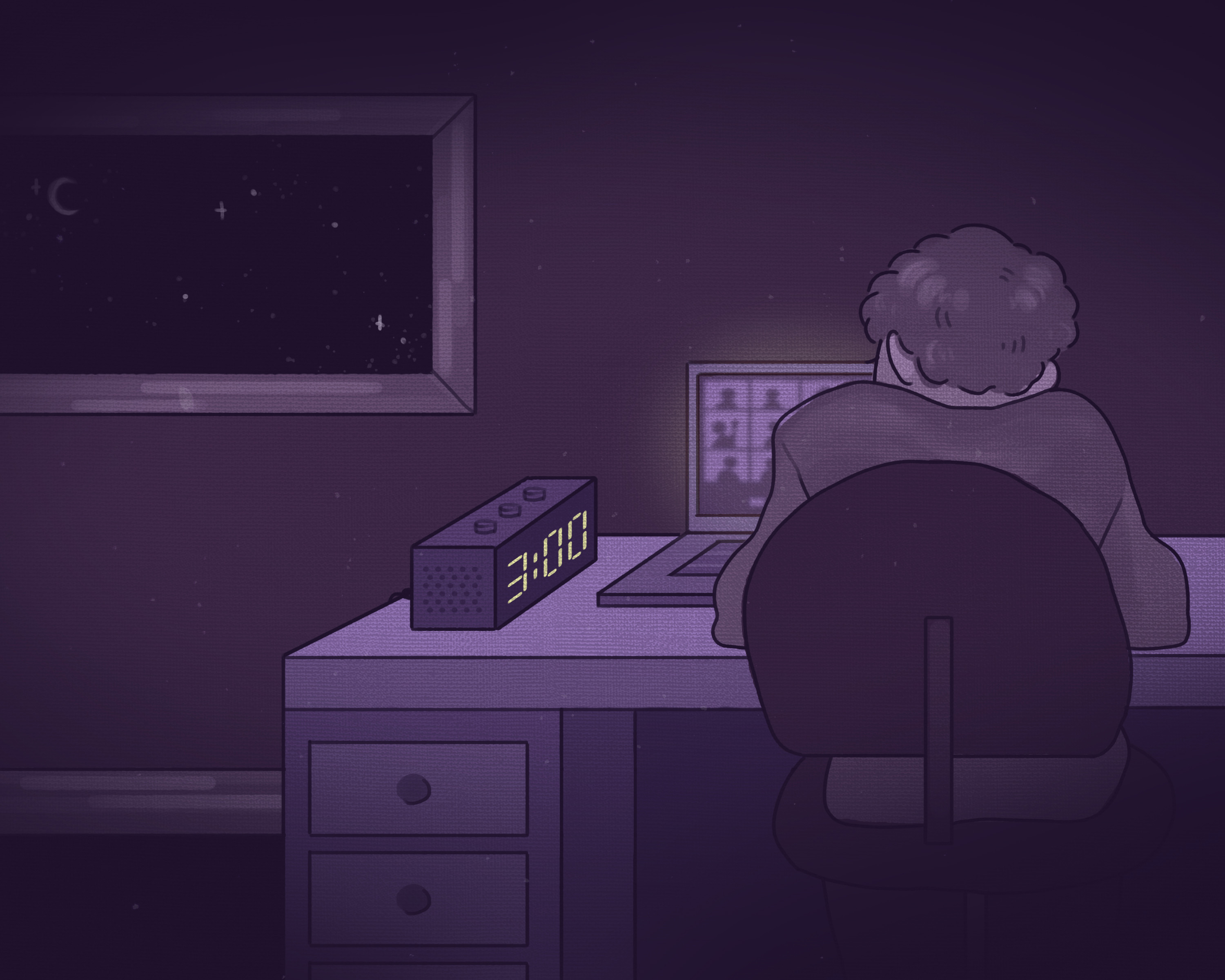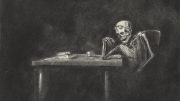Though physical illness is quick to come to mind concerning the pandemic, there is much to be said regarding the mental health narratives that formed among the masses of people who had been forced to remain in their homes throughout 2020 and onwards.
Lifestyles and daily schedules, which had been the means of survival, escape or interaction for countless individuals, were suddenly swept up by COVID-19 and thrown into the air for workers, students and caregivers to helplessly reach out and try to hold onto, often to no avail.
Hopes and aspirations were put on indefinite hold, and dreams were forced to be rescheduled. It was the hottest — if not the only — topic the world of public affairs seemed to be willing to offer that year, and it became clear that change had begun to continue its gradual pace forward.
I had bleached my hair just that March. I wanted to have something strange about me in my final high school photographs. Clout chaser I was, but the motive wasn’t only based on stroking my ego. Many of the people I looked up to had already graduated, and they had also committed to notable bits in their own senior year pictures.
I really liked the picture I ended up taking — my arms crossed, sunglasses on and hair orange-d — and I was confident that I had been cringy enough to achieve post-irony. Quarantine started a week or two after, and the curtains closed quietly on my high school career.
Of course, school was still going on, but I had gotten used to setting my morning alarm a minute before my first Zoom meeting so that I could be counted for attendance before going back to sleep. Taking notes and doing assignments on my own was just a natural continuation of what I was already doing while sitting in class.
Part of me enjoyed the leisure, and with it, the freedom of existing independently from social interaction.
My main problem was boredom. Many of the hobbies I have now are a result of trying to find ways to kill time during the long stretches of nothingness that came with graduating during COVID.
Though I still do these things and enjoy them to some extent, it became painfully obvious that my boredom was deeper-seated than just looking for stuff to do. I shaved my bleached hair. I could move my hand to write or draw, but in the backrooms of my mind, there was still something unfulfilled.
It was easy to sate myself, I thought. But as I learned to operate my life on my own, the empty place inside me remained.
In entering quarantine, depending on others to fulfil emotional needs became much more difficult. There’s some baggage in that statement, but unpacking it comes secondary to the point I’m trying to make.
It’s possible to use the beginning of quarantine as a clear dividing line in one’s memories. You can examine yourself closely this way, not just as a single entity, but as the “before-person” and the “now-person.”
The before-person, who lived unaware of not just the coming pandemic but everything else that would follow, is the prototype of the now-person. When I compare the two, I realize that I can’t exactly pinpoint the moment where the change from before-person to now-person took place.
Change is a continuous process, yet it’s only here in the present moment that we can reveal ourselves as the now-people we have become. Old friends cannot see what it has taken to turn into the you of today. Only the outcome, your answer to the question of continuing to be alive, can be seen.
Over the course of these past two years, the worlds of the social and solitary have bled through, and many life events were witnessed alone.
In fact, this may be the first time we’ve introduced ourselves as now-people to the world, and I’m not yet sure whether the changes were good or bad. They may prove to be neither in the future.
Even knowing that the now-people we have become will change further, is there anything we can do but continue? That’s something the before-person in me asks when I can feel the pressure of change against my back. It’s what they did, so it’s what I’ll do, too.





